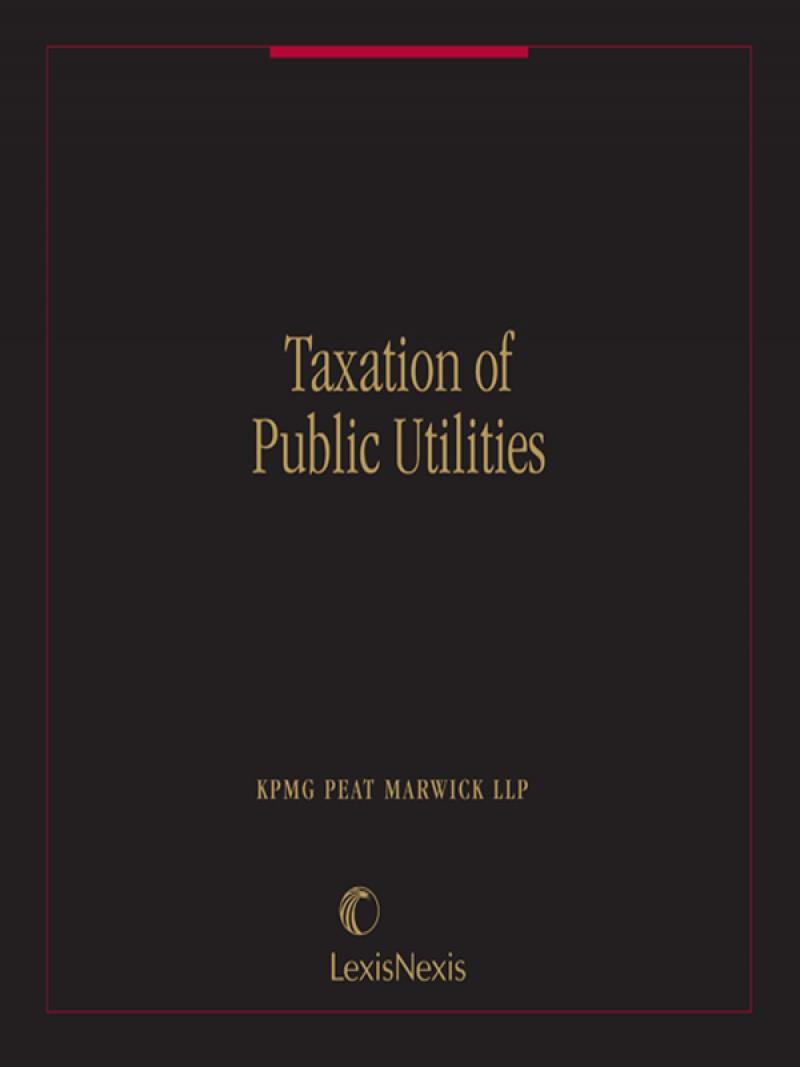
Therefore, under the rule that a waiver of a right cannot be established without a clear showing of an intent to relinquish such right and doubtful cases will be decided against a waiver (Greninger v. (2) A stipulation was entered into by the parties prior to the commission's making its interim order, by which all of petitioner's legal defenses were reserved to him. A respondent need not file a pleading in response to the investigatory order unless so directed therein." In the present case petitioner was not directed to file any pleading in accordance with the foregoing rule. Orders instituting investigation shall indicate the nature of the matters to be investigated, and will be served upon the person or entity being investigated.

Rule 14 reads as follows: "The commission may at any time institute investigations on its own motion. (1) Under the rules of procedure of the Public Utilities Commission, petitioner was not required to plead unless directed by the commission to do so. Did petitioner waive the defense of the statute of limitations by failing to assert it at the hearing? Under this rule, since the liability was created by the agreement of the parties, which agreement was an oral one, the two-year statute of limitations, as provided by section 339, subdivision 1, of the Code of Civil Procedure, was applicable to the present case and not the three-year statute provided by section 338, subdivision 1. It only determines the amount of the liability created by the agreement of the parties. The law, however, does not create the liability. Minimum hauling rates to be charged for transportation services by licensed highway carriers on either an hourly or a ton-mileage basis are fixed by law. In the instant case, which statute of limitations was applicable, the one prescribed by section 338, subdivision 1, of the Code of Civil Procedure or the one prescribed by section 339, subdivision 1, of that code? *401 These are the questions necessary for us to determine:įirst. It is conceded that the oral agreements upon which petitioner's alleged liability rests were entered into more than two years before the present proceeding was instituted. A petition for rehearing of this order was denied. Thereafter, respondent commission rendered its decision ordering petitioner to make reparation. This petition was granted, and an answer was filed by petitioner pleading the statute of limitations and section 339, subdivision 1, of the Code of Civil Procedure.


After respondent commission rendered its decision, a petition for rehearing was filed by petitioner in which he urged, among other points, that the order of the commission was barred by the statute of limitations, and particularly by the provisions of section 339, subdivision 1, of the Code of Civil Procedure. The commission found that petitioner was underpaying the subhaulers and ordered reparation. The Public Utilities Commission on its own motion, on November 29, 1955, ordered an investigation into the practices of petitioner, an overlying carrier, relating to rate arrangements with certain subhaulers. Petitioner seeks to obtain annulment of an order of the Public Utilities Commission pursuant to the provisions of section 1756 of the Public Utilities Code. Heiser, Assistant Counsel, and William D. Cassidy, Assistant Chief Counsel, Harold J. Monteleone & McCrory, Stephen Monteleone and Esther Darrell McCrory for Petitioner.Įverett C. PUBLIC UTILITIES COMMISSION OF THE STATE OF CALIFORNIA et al., Respondents.


 0 kommentar(er)
0 kommentar(er)
